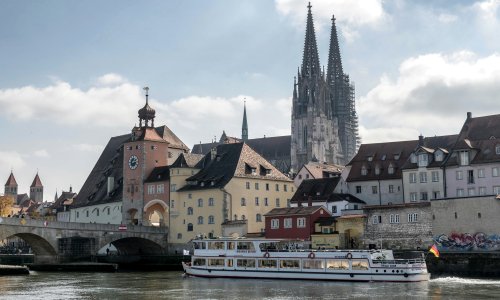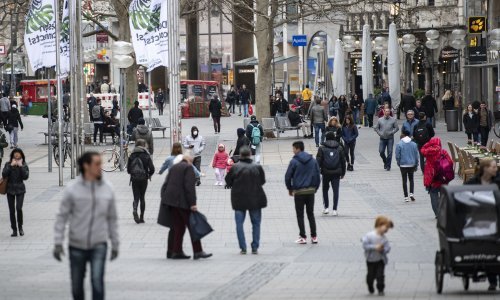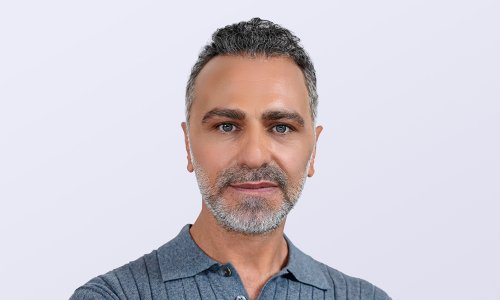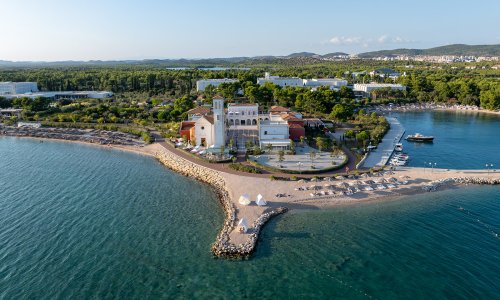The Zagreb Commercial Court on Tuesday decided that the textile factory Kamensko from Zagreb would go into receivership, with statements given at today's hearing showing that Kamensko's debt exceeds HRK 80 million and that the gravity of its problems makes its survival and the fate of its 430 workers uncertain.
Even though the workers had hoped for a decision on receivership, their representative Djurdja Krnjak said they were embittered and disappointed because it had turned out that it would be difficult to simultaneously carry out the reorganisation of the company.
Kamensko's debt is twice as big as the amount mentioned by its director Antun Crlenjak, and the factory's assets amount to some HRK 127 million, which means that conditions did not exist for the decision on receivership since the company's bank account has been blocked for more than 60 days, which is the legal deadline for making such a decision, said a regional coordinator of the textile workers' union, Zeljko Segina.
Temporary receiver Zdravko Mitak said that conditions did exist for sending the company into receivership, and that an official decision to that effect was most likely to be announced later in the day by Judge Nada Kraljic.
The court will publish its decision on the company's official trustee in three days' time.
Crlenjak was not against the decision on receivership either, said attorney Tonci Ravlic, who represents a British creditor firm which filed a motion for Kamensko's bankruptcy, claiming from it some 95,000 euros.
Kamensko workers, who started a strike on September 29, will stop striking, but today again, as in the previous days, they will go on a walk from their factory headquarters in the Trg Francuske Republike Square to the central Trg Bana Jelacica Square.
The workers still harbour slim hopes of Kamensko resuming production at the same or some other location because they still have a lot of unfinished work and commissions from foreign clients, however, whether this will happen depends on the trustee in bankruptcy.
Crlenjak said he was confident that the factory would resume production, adding that he would propose that production be moved to another textile factory's premises in Velika Gorica outside Zagreb.
"Production could resume there in about a month, and 350-400 people would be employed," he said.
Asked why he had not made such a proposal earlier, Crlenjak said that lately there had been so much mistrust between the protesting workers and the company management that all proposals from the company management were turned down.



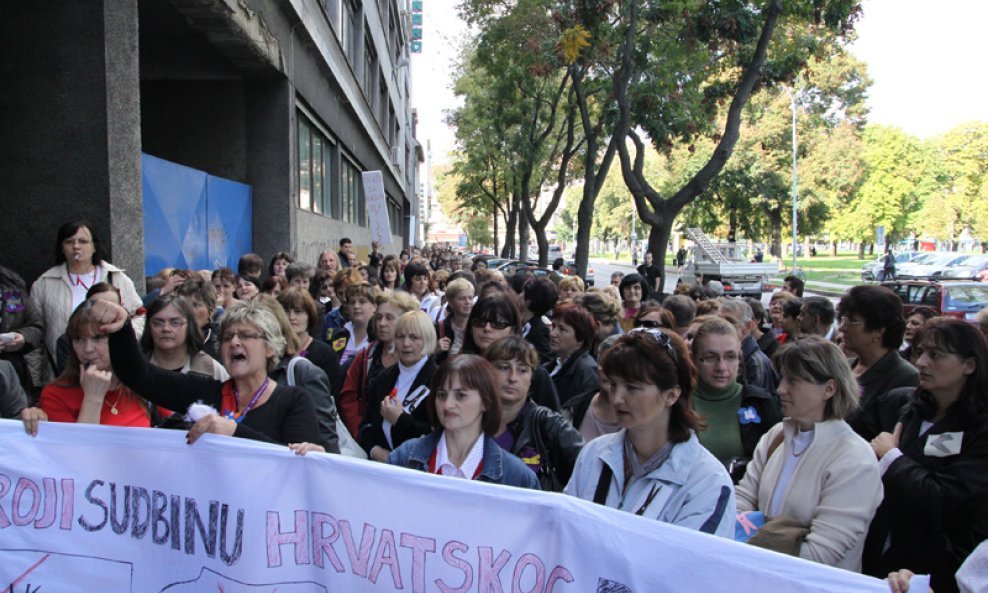

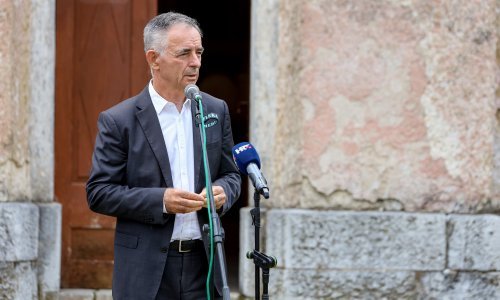
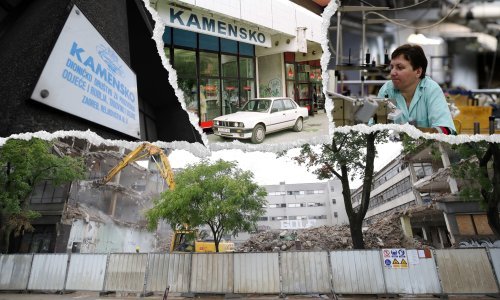
![[VIDEO/FOTO] Kultna tvornica Kamensko pretvara se u prah: Na ovoj atraktivnoj lokaciji u Zagrebu niknut će luksuzni stambeno-poslovni kompleks](/media/thumbnail/500x300/1492989.jpeg?cropId=0)









